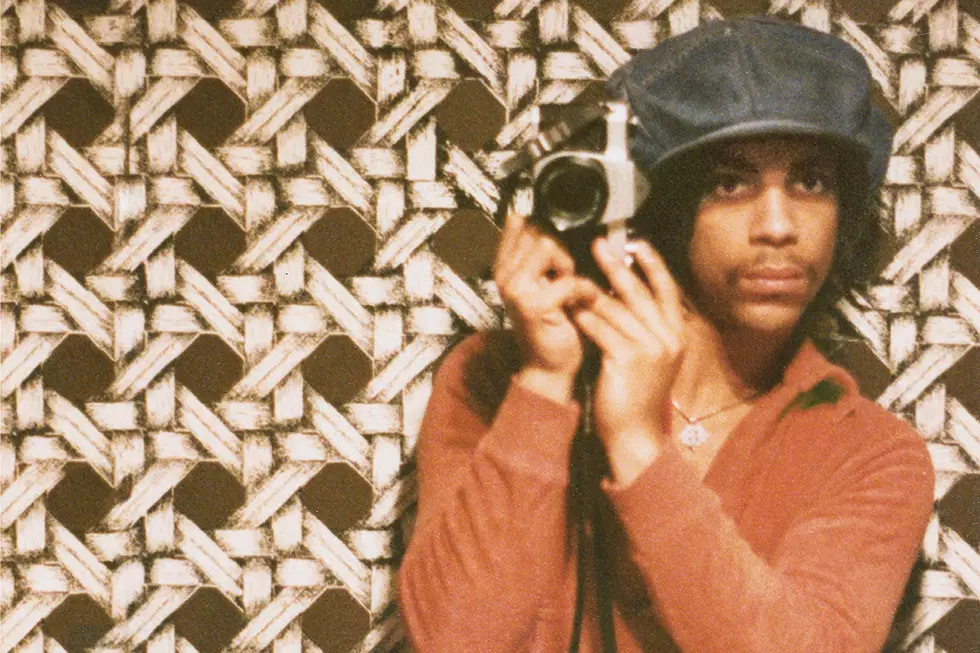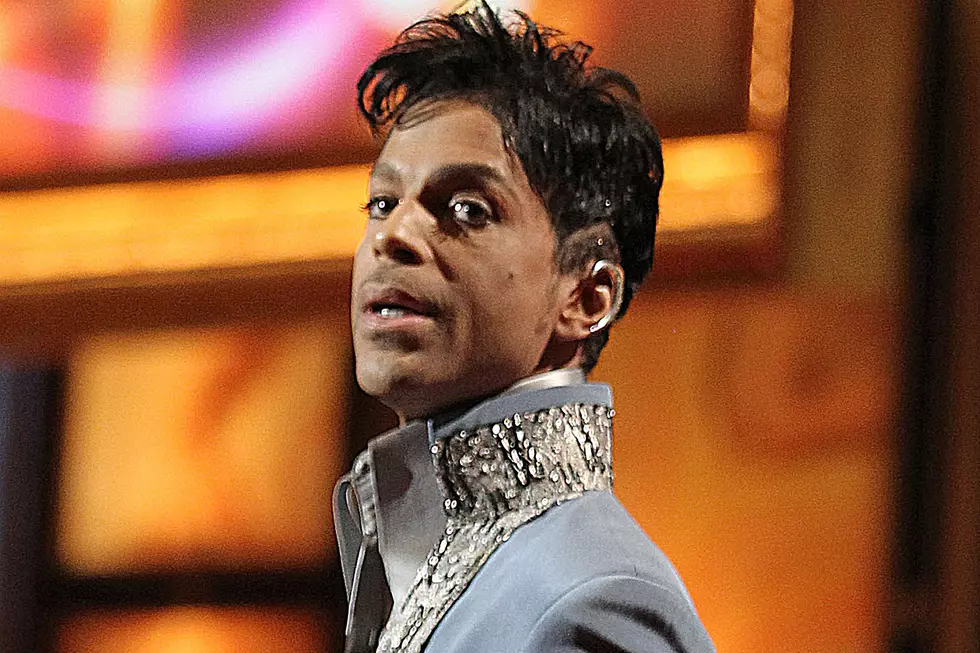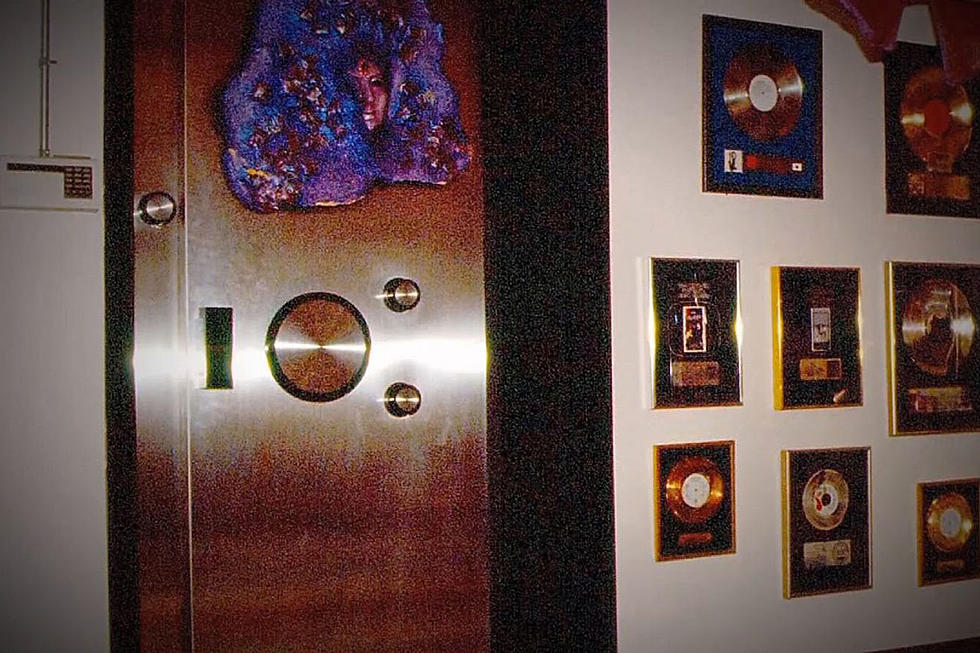
What Prince Hoped to Achieve With His Memoir
Writer Dan Piepenbring, who was personally selected by Prince to co-author his memoir The Beautiful Ones, recalled being told about the ambitious scale the artist had for the work.
Piepenbring was chosen from a shortlist after a private meeting at Paisley Park, following a process in which he’d had to write a statement explaining what Prince’s music meant to him. Once the decision was made to collaborate, they spent several weeks in irregular communication. By the time of Prince’s death in 2016, he’d prepared a total of 50 pages on his own – but the spirit of the collaboration had been secured, and Prince had told Piepenbring and publishers Random House that he trusted him.
“Since we’d spoken at Paisley, his ambitions for the book had been amplified,” Piepenbring wrote in a new article for the New Yorker. He recalled Prince telling him: “The book should be a handbook for the brilliant community—wrapped in autobiography, wrapped in biography. It should teach that what you create is yours.”
The writer agreed that “it was incumbent on us to help people, especially young black artists, realize the power and agency they had.” He continued: “I liked the idea of framing the memoir as a kind of handbook. It was a way to expand its remit, giving another layer of meaning to the title, ‘The Beautiful Ones,’ which could denote an entire community of creators. ‘Keep what you make,’ Prince told me more than once. ‘I stayed in Minneapolis because Minneapolis made me. You have to give back. My dad came to Minneapolis from Cotton Valley, Louisiana. He learned in the harshest conditions what it means to control wealth.’”
Piepenbring said that Prince had wanted to raise awareness of Greenwood in Tulsa, OK, which had been a place where non-white business thrived in the early 20th century, and become known as Black Wall Street. “Greenwood boasted more than a hundred black-owned businesses, as well as nearly two dozen churches, several schools, and a public library. Prince loved reading about that amassing of wealth. Then came Tulsa’s 1921 race massacre, when thousands of armed whites, their hatred fanned by accusations that a black boy had attempted to rape a white girl, doused Greenwood in kerosene and burned it down block by block, looting and plundering as they went. Hundreds died; about ten thousand lost their homes. Black Wall Street was decimated.”
Referring to Ayn Rand’s 1943 novel The Fountainhead, which had a polarizing effect on discussions of socio-economics and philosophy, Piepenbring said: “I had no patience for objectivism, or for Ayn Rand’s present-day acolytes, with their devotion to the free market and unfettered individualism. Prince agreed, though he saw that the philosophy could be seductive. ‘We need a book that talks to the aristocrats, not just the fans. We have to dismantle ‘The Fountainhead’ brick by brick. It’s like the aristocrats’ bible. It’s a compound of problems. They basically want to eliminate paradise,’ he said. ‘We should attack the whole notion of supremacy.’ The purity of its original meaning had been corrupted, he thought. “There used to be a band called the Supremes! Supremacy is about everything flourishes, everything is nourished.’”
Despite his strong opinions on ownership, Prince didn’t like to speak about it alone, he said. “It would be dope if, toward the end, our voices started to blend,” he told Piepenbring. “In the beginning, they’re distinct, but by the end we’re both writing.”
The result of the cut-short collaboration will be published on October 29 and it’s available for pre-order now. Speaking in March 2016, Prince told a concert audience: “You all still read books, right?" Prince asked an audience at a New York club at the time. "My brother Dan is helping with it. He’s a good critic. That’s what I need. Not a yes man.”
Prince Release Dates: Upcoming Records, Books and Merchandise
More From Mix 92.3










